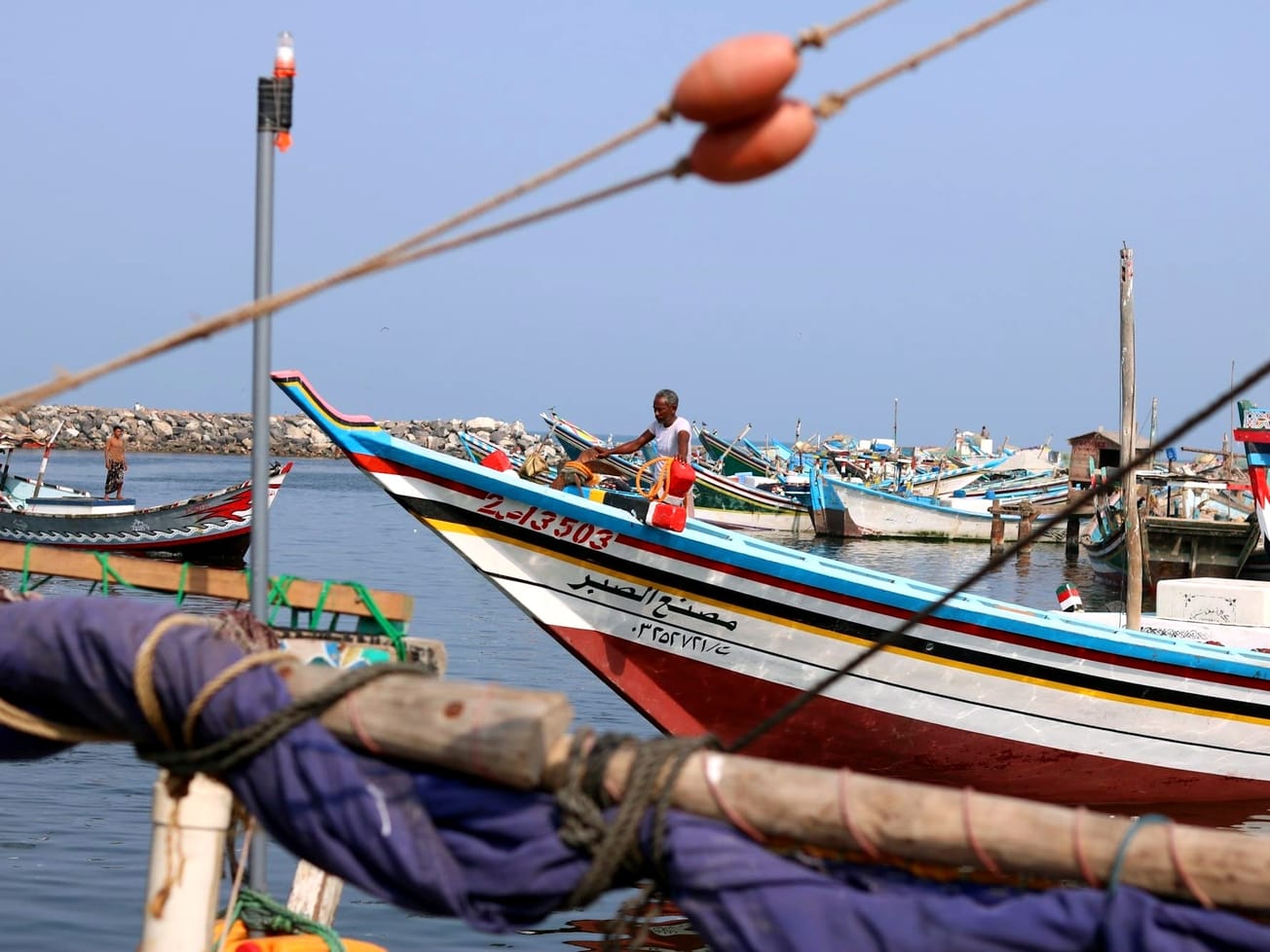The U.N. Security Council called on Yemen’s Houthi rebels to immediately stop attacking ships – its second such demand this year, after the first went unheeded – and called for urgent international action.
The 15-nation panel's resolution on Thursday described the Iran-backed rebels' attacks as a maritime threat but did not repeat their claims they are acting in solidarity with Palestinians in Gaza due to the Israel-Hamas war.







